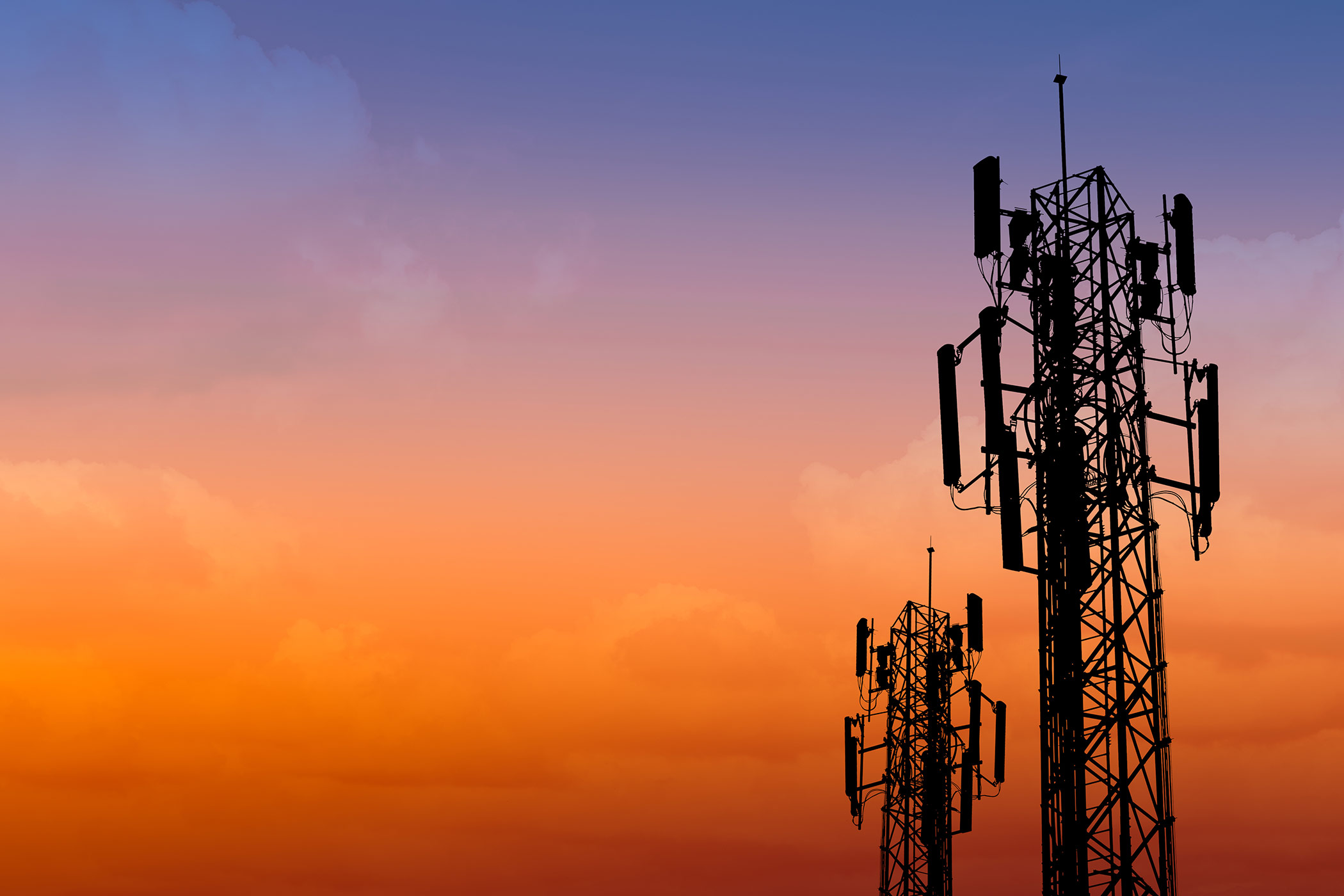{{item.title}}

Key takeaways
The roll out of 5G is not expected to begin until 2020 in most places around the world. Despite this, hardly a week goes by without a newsworthy announcement.
The hype is not entirely unwarranted. Along with the Internet of Things, 5G promises to usher in the Fourth Industrial Revolution, delivering productivity gains to the world economy in the form of unprecedented improvements to efficiency and output, while transforming our experiences as connected customers and consumers.
The innovation comes at a time when the global telecommunications industry is desperately seeking new avenues for revenue and margin growth. With the enormous amount of investment required to actually implement 5G, the frenzied talk is not surprising.
Putting the hype aside, there are issues that need to be addressed to make 5G a reality. Preparing for the deployment of a brand new network standard takes years of careful planning to test and pilot new technology, ready new services and products for launch and refresh the regulatory framework. Already, complexities are evident. In June, South Korea’s telecom regulator, fearing that deployment at high cost would be slow, announced that mobile operators must implement shared 5G infrastructure, saving around US$800m in capital expenditure to speed up the roll out.1
Meanwhile, the GSMA, the world’s mobile industry association, has held numerous events to discuss which “5G use-cases” will scale first, and what policy makers must do to ensure obstacles to 5G services are removed (such as current rules which prevent the implementation of digital healthcare). The US National Telecommunications and Information Administration has set up various 5G committees to look into how the new technology will impact cross-industry regulation.
Within this context, the world’s cities seem to be making the loudest fuss about 5G, more than enterprise or industries. Knowing that massive site densification – i.e., more cells are needed to enable 5G than are currently used in the 4G network – is key, Sadiq Khan, Mayor of London recently promised London will offer half a million 5G “mini masts”.2
Australia’s urban plutocrats aren’t being left behind. The newly elected Lord Mayor of Melbourne, Sally Capp, has pledged that hers will be Australia’s first 5G city.3 The City of Adelaide, on the other hand, has said it is on its way to becoming a “10 Gig city.”4
There is good reason for cities’ interest, given that 5G will provide unique opportunities for cities to accelerate the path to government-to-citizen, or ‘G2C’ services in Australia, something which other countries have started moving on. G2C is all about empowering citizens through connected services and applications, so that they can pay bills easier, apply for licenses and permits, collect pension and benefit payments, travel around the city and remain safe, secure and informed.
City-states such as Dubai have invested significant sums in creating a ‘dot gov’ service for the city population, and the theme is coming into vogue in many countries where publicly elected city mayors have to win the popular vote to get into office, and governments have an obligation to be transparent and inclusive.5
Many are now building policy manifestos that include the digital enablement of citizens’ lives, and in turn, to examine how telecom networks, applications and services can be leveraged to make good the election promise.
The first wave of G2C services don’t require 5G, but more the type of “drip-feed” of data that current 3G or 4G networks can cover sufficiently well. However, in future this is likely to change, with mayors and city administrators looking for three layers of benefits from 5G-powered G2C services:
While the 5G talk heats up, city officials can start planning for such use cases now, trialling them with operator and tech company partners to build up an ecosystem, so that they can launch when 5G comes on stream, and scale from there. There are benefits from getting ahead of the game now on 5G use-cases, as it takes two to three years to innovate services. That’s because these types of complex services need multiple companies to work together, can require new regulations to be passed to allow services to be deployed, and can take a few iterations before they are ready to be scaled up commercially.
With a financially stressed telecom industry experiencing increasing capital expenditure to revenue ratios (currently at 21% and set to rise more with 5G), it is not surprising that operators are cautious about how they will make money from 5G quickly enough to justify the spend on spectrum and network deployment. The last thing mobile operators would want to do now is push up their debt to earnings before interest, tax, depreciation and amortisation (EBITDA) ratio, the critical statistic the industry has struggled to keep control of in recent years.
5G will require much capex and a dense array of mobile sites. But the financial benefits to cities are tangible, and in order to reap the benefits of the 4th Industrial Revolution, planning now for major use cases is key.
Mohammad Chowdhury
Mohammad is a partner and lead for TMT across ASEANZ, PwC Australia
References

© 2017 - 2026 PwC. All rights reserved. PwC refers to the PwC network and/or one or more of its member firms, each of which is a separate legal entity. Please see www.pwc.com/structure for further details. Liability limited by a scheme approved under Professional Standards Legislation.
